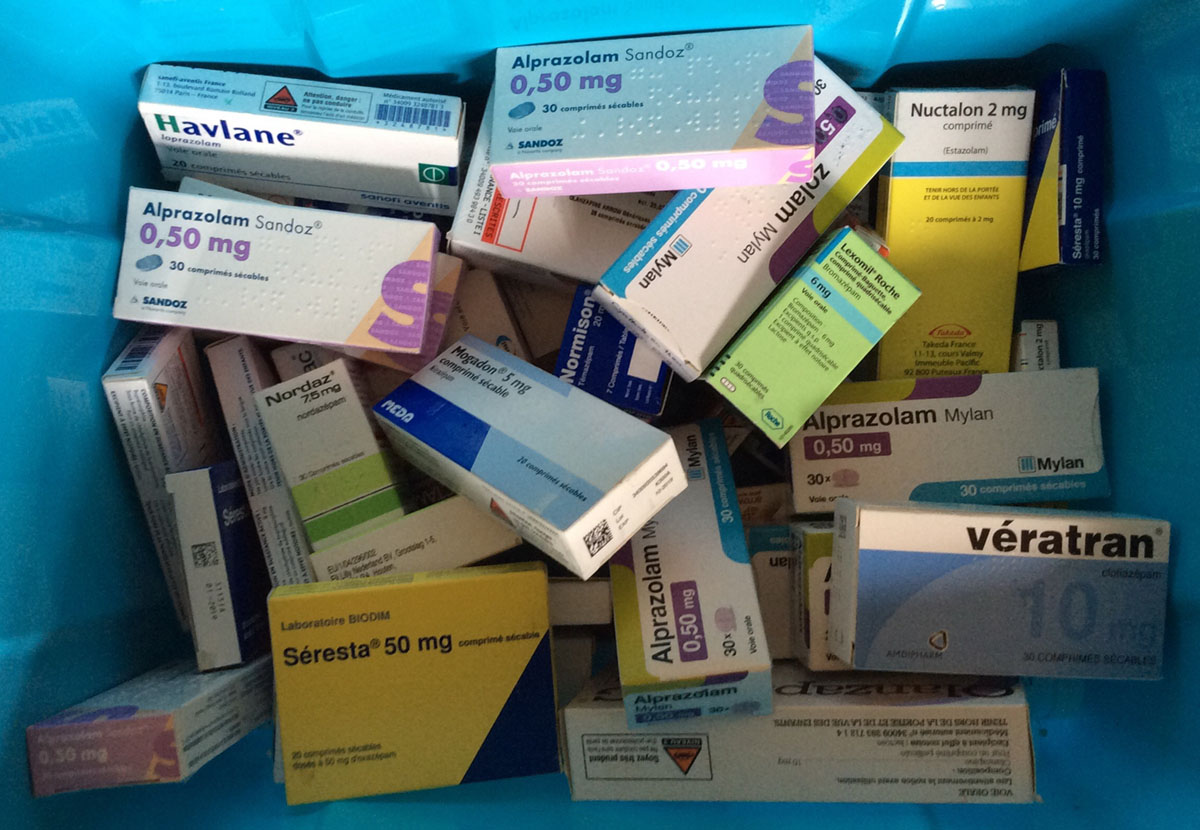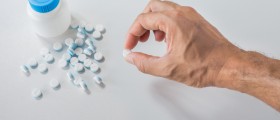
Benzodiazepines
Benzodiazepines (BZD) are one of the most commonly prescribed depressants in the United States (US). These medications are used to treat anxiety, convulsions, insomnia, alcohol withdrawal, and also muscle spasms. Also, BZDs are used for premedication in some medical (usually surgical) procedures.
There are different categories of these medications, including short-, intermediate- and long-acting BDZs. Insomnia is treated with short and intermediate lasting BZDs and anxiety requires long-acting drugs.
Caution
Report all medicines, both prescription and OTC medications you have been using, to your doctor. Any liver or kidney problem, alcohol overuse or allergies to some other medications should also be reported to the doctor, before the start of the BZD treatment.
When using this medication avoid alcohol and other depressants, because it might potentiate the toxic effects and lead to lethargy.
Elderly are especially sensitive to BZD and have increased risk of side effects.
These medications are not recommended to be use in pregnancy, because they might cause the withdrawal symptoms in newborn babies or cleft palate. Breastfeeding mothers and pregnant women should consult the doctor about this medication.
Side Effects
These medications are known to cause drowsiness and dizziness, so avoid driving or managing some machinery while using BZD.
Patients often report abdominal problems and headache. To prevent stomach problems, you might use BZD with some milk or food. BZD frequently affect the brain, causing depression, confusion and memory loss, as well as coordination problems. Although this medication is used to treat insomnia, patients might experience different dreaming problems, usually nightmares. Other side effects include sleepiness, shaking, weakness and distorted vision.
Allergic reactions to BZD are rare. They are characterized by rash, swelling, itching and breathing problems. If any of these symptoms appear at any time, while you are using these medications, notify your doctor immediately.
Also, heart rate changes, chest pain or yellowing of your eyes or skin should also be reported to the doctor.
Use this medication exactly as it was prescribed. Do not increase the dose of the medication or stop the treatment if you hadn’t consult with your doctor. These medications are known to cause tolerance and physical dependence. Overdose of BZD could lead to comatose state. If you stop the medication without medical supervision it might cause the withdrawal symptoms.
Interactions
BZD are known to interact with many medications. Your doctor should be aware of all the medicines you have been using, especially if these include disulfiram, levodopa, cimetidine, digoxin, sleeping pills, anti-depressives, narcotic painkillers, antihistamines or any other medication that affect the central nervous system. Alcohol and grapefruit juice can also interact with BZD, so they are not recommended to be used while treated with this medication. Smoking also affects the efficacy of BZD.
















Your thoughts on this
Loading...